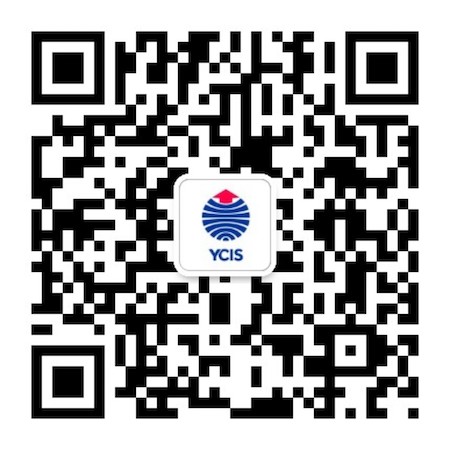Go Back
News
School News
Architectural Award Announced for YCIS Puxi ECE (Ronghua) Campus
School News
04 Dec, 2019
10 : 00
The YCIS community is celebrating the recent news that the YCIS Puxi Early Childhood Education (Ronghua) Campus has received yet another award from an external governing body.
In a first for all schools in Shanghai, last year the YCIS campus was awarded the city’s first-ever LEED Award when it opened its doors – with a ‘LEED Gold’ award, no less. ‘LEED (which stands for Leadership in Energy and Environmental Design) for Schools’ is the recognized third-party benchmark for high-performance schools that are healthy and comfortable for students, faculty, and staff. A school can only achieve LEED certification from the U.S. Green Business Council (USGBC) after undergoing a technically rigorous construction process, including the incorporation of environmentally-friendly building materials to achieve an efficient and healthy indoor environment. Earlier this month, the new A-Building at the YCIS Puxi Primary (Hongqiao) Campus also received a LEED Gold Award from the USGBC.
Both of these award-winning buildings were designed in collaboration with renowned American architecture firm Fielding Nair International, who specialise in educational design and have been working with Yew Chung and Yew Wah schools to incorporate the ‘Learning Communities’ model across the network, which also includes the upgraded facilities at YCIS Pudong’s Century Park Campus, unveiled at the beginning of this academic year. It was therefore fantastic news to hear that, after Fielding Nair’s submission, the YCIS Puxi ECE (Ronghua) Campus was the recipient of The Association for Learning Environments (A4LE) 'LEsolutions' Jury Award 2019.
A4LE is a U.S.-based non-profit organisation that was established in 1921 and is widely considered the leading organisation for school design worldwide. According to its website, A4LE believes: “facilities impact the learning, development and behaviour of the facility user; the planning process is essential for quality facilities; sharing and networking improves the planning process; there is a standard by which to measure.” All of these factors were taken into consideration when the jury awarded the prize to YCIS Puxi’s ECE Campus.
The partnership between FNI and YCIS was integral to the success of the project, which involved deep thinking to get to the root of why the campus was designed in the way that it was. Posing questions such as ‘How can we best enable students and teachers to creatively and holistically explore different fields of knowledge, fostering individual and collaborative learning skills that are critical for the 21st century?’ helped the firm and the school to achieve their shared goal.
According to Ms Ellen Duff, FNI Project Manager and Senior Designer, “It was delightful to partner with the YCIS team to create a space that reflects the organisation’s pedagogical and philosophical thinking around early learning. With the pioneering leadership of Dr Betty Chan, our team was able to push the boundaries of spatial design to embrace YCIS’s innovative and unique curriculum, while leaving space for the building’s use to evolve as their educational paradigm shifts over time. We were honored to receive the A4LE award in conjunction with the YCIS team and local design partners, as it highlights the strength of a what a collective affinity toward an educational mission can produce – that is, how a combined effort can pioneer new concepts and push thinking and practice."
The campus facilities are a physical representation of School Supervisor and CEO, Dr Betty Chan’s pioneering philosophy. The Yew Chung ECE approach incorporates an emergent curriculum, which means that teachers and children co-create the curriculum continually, with teachers responding to the children’s ideas and interests in the context of child-initiated play. YCIS early-years environments are set in line with the belief that children are capable and confident learners, so the children are able to drive their own learning, to flourish and thrive in the physical and emotional environment which is based on strong relationships between all teachers and children.
YCIS Shanghai, Puxi Co-Principal Mr Don Collins shared more about this very special model and campus, saying “by incorporating the forward-thinking Learning Community model, the campus provides an educational landscape where our young learners can explore and grow in an architectural space that adapts to the rapidly-changing outside world in which they inhabit.”
Having such an agile learning environment enables the school to cater to the individual needs and interests of the children, who benefit from the ongoing support of the co-cultural teaching teams. Furthermore, the enabling environment is considered the ‘third teacher’ in this curriculum, as all of the resources are open-ended to provoke children’s questions and curiosity and support both individual and collaborative child-led investigation. This child-driven experiential learning model and campus environments set YCIS apart as a pioneer and leader in international education.













